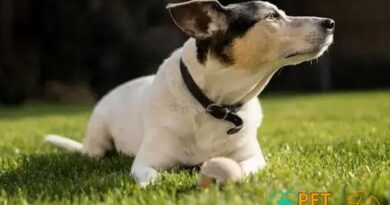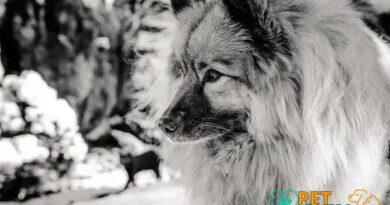What is: Brachycephalic breeds
What is Brachycephalic Breeds?
Brachycephalic breeds refer to a group of dog breeds characterized by their short, flat skull structure. This unique head shape results in a distinctive appearance, often featuring a broad, rounded face and a short muzzle. Breeds like Bulldogs, Pugs, and Boxers are prime examples of brachycephalic dogs. The term ‘brachycephalic’ is derived from Greek, where ‘brachy’ means short and ‘cephalic’ means head, aptly describing their physical traits.
Common Characteristics of Brachycephalic Breeds
These breeds typically exhibit several common characteristics beyond their facial structure. They often have large, expressive eyes, a compact body, and a stocky build. Their unique anatomy can lead to various health issues, particularly respiratory problems, due to the constricted airways associated with their short muzzles. Understanding these traits is crucial for potential dog owners who wish to provide the best care for their pets.
Health Issues Associated with Brachycephalic Breeds
One of the most significant concerns for brachycephalic breeds is their predisposition to brachycephalic obstructive airway syndrome (BOAS). This condition can cause difficulty in breathing, snoring, and even severe respiratory distress. Other health issues may include dental problems, skin fold infections, and heat sensitivity. Owners should be aware of these potential health risks and consult with veterinarians for regular check-ups and preventive care.
Popular Brachycephalic Breeds
Several dog breeds fall under the brachycephalic category, each with its unique charm and personality. Some of the most popular include the English Bulldog, French Bulldog, Pug, Shih Tzu, and Boston Terrier. Each breed has distinct traits, but they all share the common brachycephalic features. Understanding the specific needs and characteristics of these breeds can help owners make informed decisions about pet ownership.
Care and Maintenance of Brachycephalic Dogs
Caring for brachycephalic breeds requires special attention to their unique needs. Regular veterinary visits are essential to monitor their respiratory health and overall well-being. Additionally, owners should ensure their pets maintain a healthy weight, as obesity can exacerbate breathing difficulties. Providing a cool, comfortable environment is also crucial, especially during hot weather, to prevent overheating.
Training Brachycephalic Breeds
Training brachycephalic breeds can be both rewarding and challenging. These dogs are often eager to please, making them relatively easy to train with positive reinforcement techniques. However, their stubbornness can sometimes pose challenges. Consistent, patient training methods are essential, and socialization from an early age can help them develop well-rounded temperaments.
Socialization Needs of Brachycephalic Breeds
Socialization is vital for brachycephalic breeds to ensure they grow into well-adjusted adults. Exposure to various environments, people, and other animals can help reduce anxiety and fearfulness. Owners should prioritize positive experiences during socialization to foster confidence in their pets. Group training classes can also be beneficial for both socialization and training purposes.
Feeding Considerations for Brachycephalic Dogs
Feeding brachycephalic breeds requires careful consideration of their dietary needs. Due to their unique jaw structure, some may struggle with certain kibble shapes. It’s essential to choose high-quality dog food that meets their nutritional requirements while being easy for them to chew. Consulting with a veterinarian can help determine the best diet for individual dogs, taking into account their age, weight, and health status.
Adopting a Brachycephalic Breed
Adopting a brachycephalic breed can be a fulfilling experience, but potential owners should be well-informed about the responsibilities involved. Researching specific breeds, understanding their health needs, and preparing for regular veterinary care are crucial steps before bringing a new pet home. Additionally, considering adoption from shelters or rescue organizations can provide a loving home to a dog in need.




